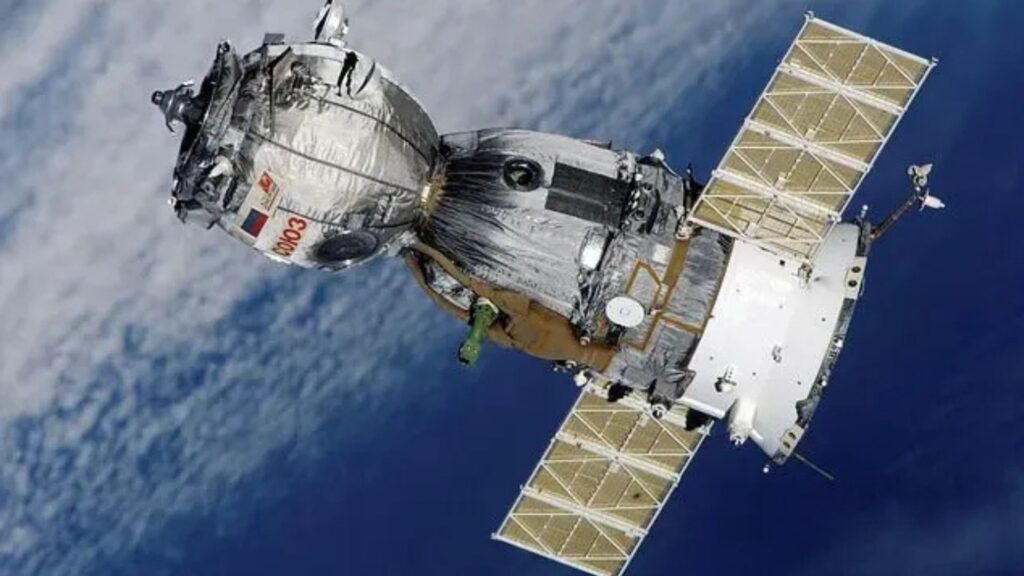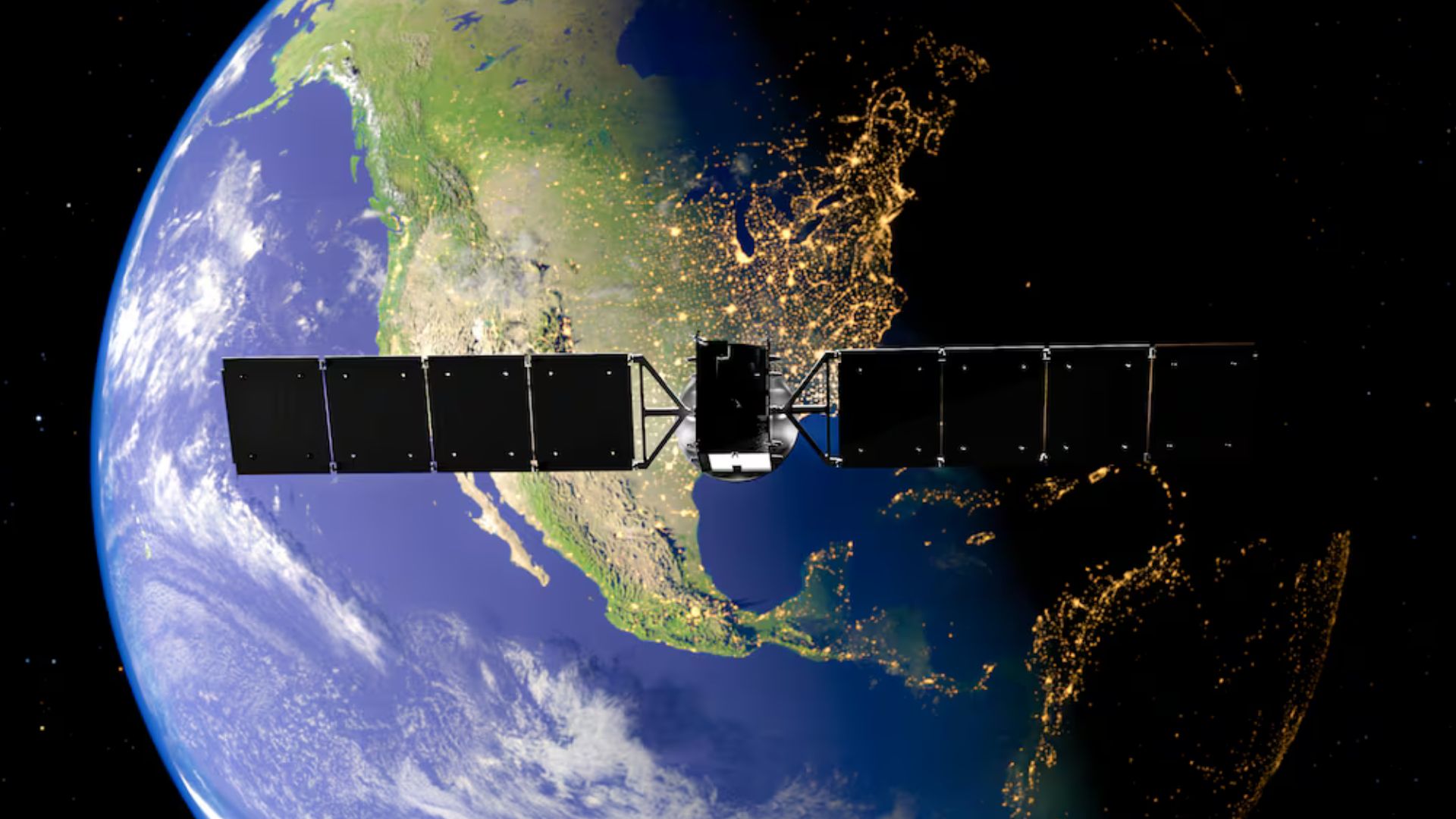
France’s top military space official cautioned this week that more than 200 anti-satellite weapons are currently in orbit, underscoring the rapid militarization of space and the emergence of a full-blown war-fighting domain above Earth’s atmosphere. Major General Vincent Chusseau, commander of French Space Command, made the warning at the Space Defense and Security Summit in Paris, telling Reuters that hostile activities in orbit have “spiked dramatically” since Russia’s 2022 invasion of Ukraine (Reuters).
A Staggering Orbital Arsenal
Brigadier General Christopher Horner, head of 3 Canadian Space Division, revealed that more than 200 co-orbital and direct-ascent anti-satellite weapons now circle the globe, capable of jamming, blinding, or even physically disabling critical satellites. These systems include proximity-operations satellites—so-called “Russian doll” vehicles launched by Russia that can maneuver close to target satellites—and ground-launched ASAT missiles designed to strike at ranges of several hundred kilometers (Defense News).
Beyond physical weapons, Chusseau noted a diversification of hostile tactics: sophisticated jamming pods, space-based laser dazzlers, cyberattack platforms embedded in commercial ground stations, and micro-satellites deploying electronic-warfare payloads. He warned that these capabilities have already been used clandestinely against Western commercial satellite operators, eroding confidence in the integrity of space services.
Strategic and Economic Stakes
Major General Paul Tedman, head of UK Space Command, described the stakes as both military and economic: “Our reliance on space— for communications, navigation, weather forecasting, and critical infrastructure—is increasingly under threat as risks grow in scale, sophistication, and speed.” He warned of “space blindness” unless Western nations invest in counter-space awareness and defensive systems.
Space assets underpin not only national security but also global commerce. Over $2 trillion of economic activity relies on satellite services, from GPS-guided shipping routes to real-time financial networks. A successful anti-satellite strike against a key GEO communications satellite or LEO broadband constellation could trigger cascading failures across multiple critical sectors.
Western Military Response
In response, NATO allies are accelerating their space-defense initiatives. In Germany, Major General Michael Traut announced plans to field a multi-orbit satellite constellation by 2029, combining low-Earth and medium-Earth orbit sensors to detect, track, and characterize incoming threats. Germany’s new ground stations will also integrate laser communication links for rapid command and control.
France, the largest government space investor in Europe, has prioritized resilience of its low-orbit constellations. The French defense ministry is increasing funding to Eutelsat, operator of a OneWeb competitor, while developing demonstrator satellites equipped for orbital patrols and surface-to-space strike capabilities aimed at “denying, prohibiting, and disrupting” adversarial systems.
Although Western nations rarely discuss offensive counter-space options publicly, Chusseau stated that France aims to “execute a wide spectrum of effects in space—not only to observe and comprehend, but also to act.” This shift reflects a growing consensus that space must be defended with both active and passive measures.
China’s Growing Space Defense Budget
China, the world’s second-largest space defense spender after the United States, allocated $9.3 billion to military space programs in 2024, compared to $53.1 billion by the U.S. Its Civil-Military Integrated Development strategy has fostered dozens of private launch firms and rapid development of reusable medium-lift rockets. China’s “Space Silk Road” has also established partnerships with over 80 countries on satellite manufacturing, launch services, and ground networks—eroding traditional Western influence.
The Dawn of Astropolitics
As Brigadier General Jürgen Schrödl of Germany’s defense ministry bluntly stated, “Space is now a contested, war-fighting domain.” UK Space Command’s Tedman termed this era “Astropolitics,” underscoring that outer space policy, defense, and economics are now inseparable. With more than 200 anti-satellite weapons aloft, nations face urgent choices: invest in deterrence and defense or risk ceding the strategic high ground to rivals.












